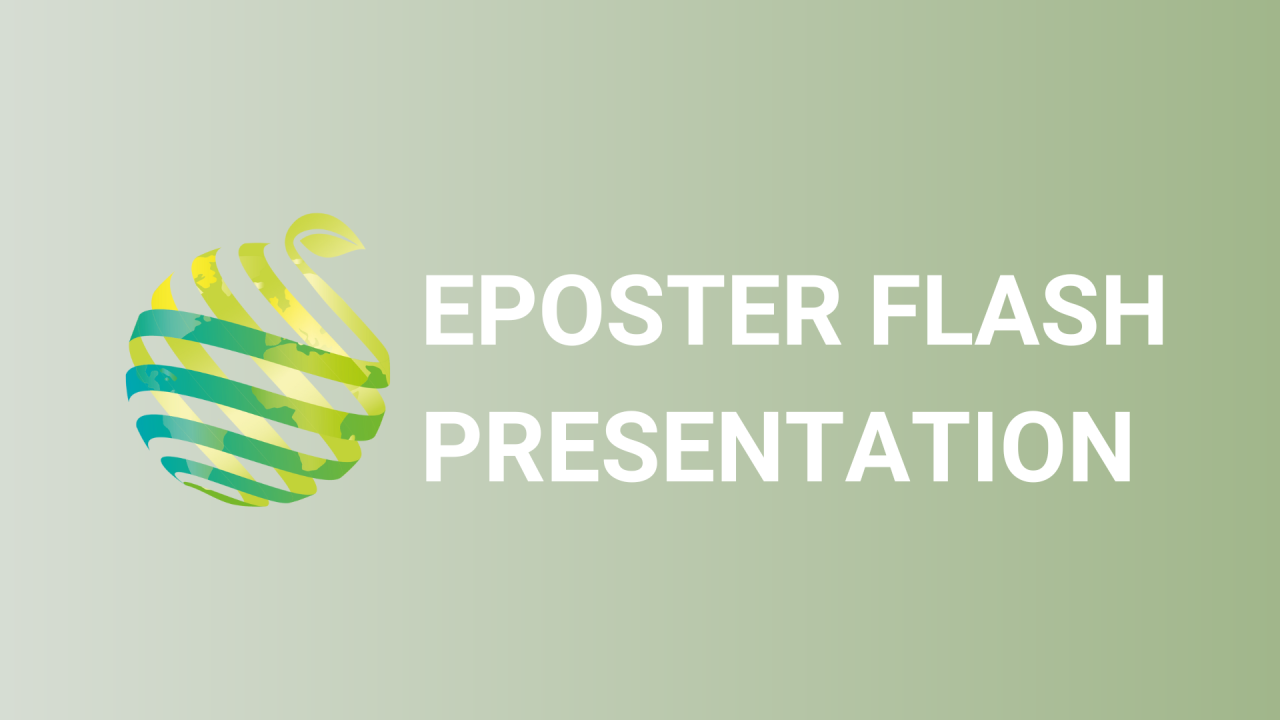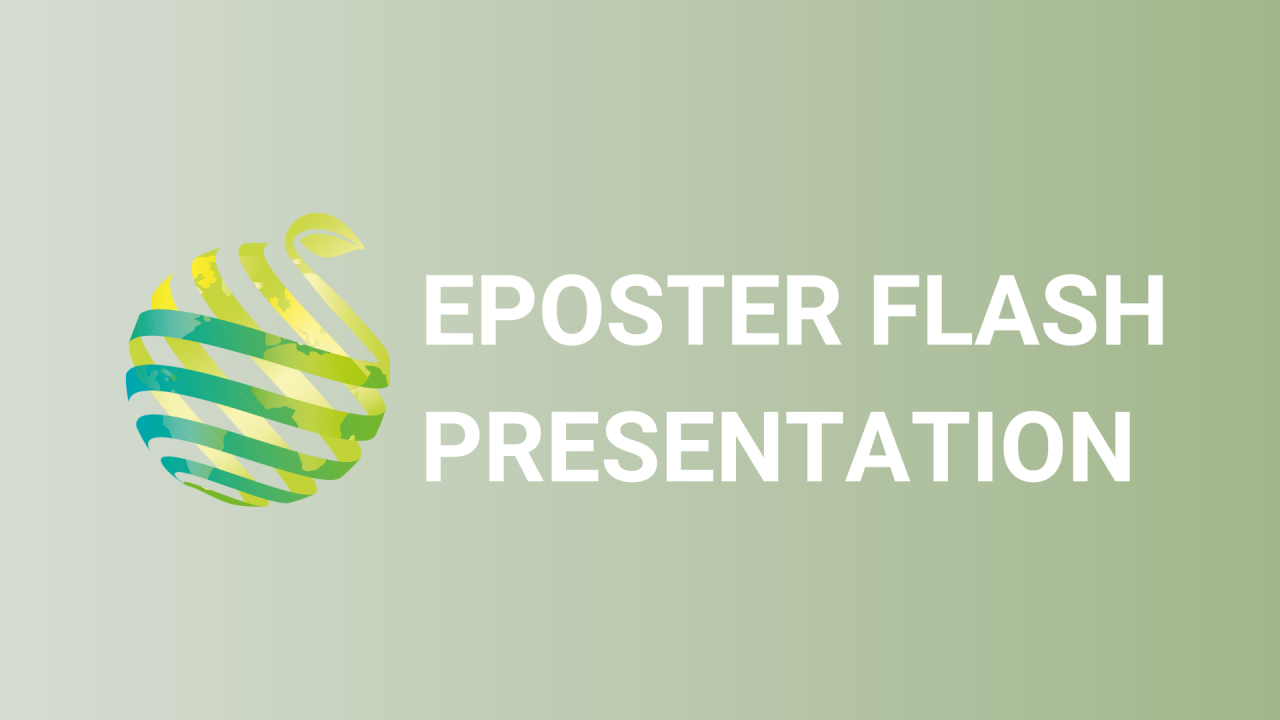

S04 - Session P1 - New Tools II - Optimization of protoplasts isolation and cultures from mesophyll cells of Platycodon grandiflorum using response surface methodology
Information
Authors: SukHyun Kwon *, Jong-Eun Han, Han-Sol Lee, So-Young Park
Different from cells, plant protoplasts are surrounded by plasma membranes only, so they are excellent materials in various studies such as cell differentiation and genome editing. However, the physiological status of the cells varies depending on the species, and different organs, tissues, and ages even in a plant. Therefore, in this study, efficient protoplast isolation conditions were investigated to achieve phase transition from mesophyll cells to embryonic stem cells in Platycodon grandiflorum . For efficient protoplast isolation, the 1-3% concentration of cellulase and the different concentration of mannitol was also treated in the enzyme solution was treated to the leaves. In the next step, the medium osmotic, plant growth regulator 2,4-dichlorophenoxyacetic acid (2,4-D), benzyl adenine (BA), phytosulfokine, and culture method were investigated to induce vigorous cell division in protoplast culture. For the optimization of the culture condition, the experiments were designed by response surface methodology (RSM). As a result, the most effective enzyme composition for protoplasts isolation was 3% cellulase, the number of protoplasts was 42 x 10 5 ·ml -1 and the survival rate was 78.5%. For the protoplast isolation, the osmoticum conc. of the enzyme solution was significantly higher than that of other treatments with 49.9 x 10 5 ·ml -1 and 75.0% viability in 0.4 M mannitol, while cell division in protoplast culture was achieved at 0.6 M osmotic concentration. In this study, the first cell divisions were observed on the 4-day of thin alginate layer culture, and the treatment with 0.45 μM 2,4-D and 0.66 μM BA revealed that the most effective plant growth regulator (PGR) combination for the cell division. The results show the effectiveness of enzymes incubation and osmoticum in protoplast isolation and RSM with phytosulfokine is a useful method for rapidly producing the higher yields of protoplast cultures from P. grandiflorum. Acknowledgement: This work was supported by the National Research Foundation of Korea (NRF) grant funded by the Korea government (MSIT) (No. NRF-2020R1A2C2102401)